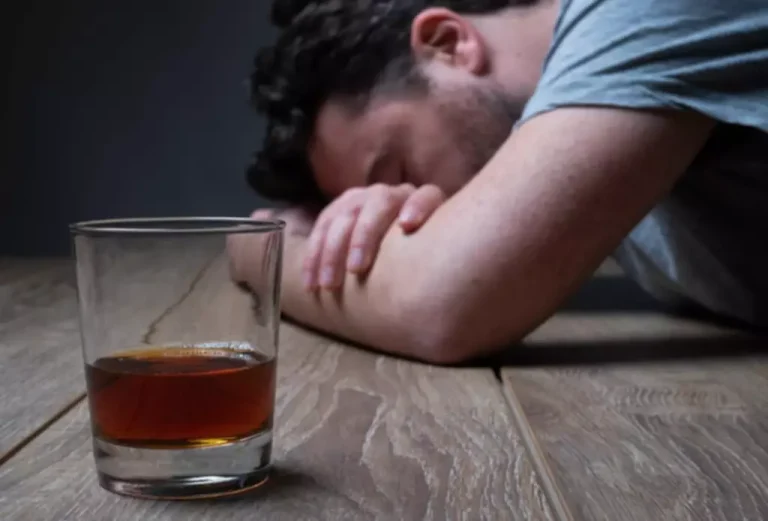I contacted the company, but “due to the proprietary nature of it” they were unwilling to provide any details. As an incorrigible culinary experimenter, though, I happen to have some firsthand experience in this realm, so I’ll tell you how I make powdered booze. Hydration also affects the systems in the body that control the bowels.
- A 2016 study published in the American Journal of Clinical Nutrition assigned a beverage hydration index (BHI) to various drinks that would determine hydration status after ingestion.
- Alcohol has a diuretic effect, which increases urine production in the body and depletes fluids in the body.
- But if your day includes unwinding with a beer or glass of wine … you’ll probably have to put that on hold while you take your medication.
- Studies have shown that being dehydrated by just 2% can lead to impaired performance on tasks that require attention and psychomotor and short-term memory skills.
- Let’s look at why alcohol dehydrates you and discover how electrolytes can help prevent alcohol-induced dehydration.
Other stories about alcohol & dehydration

The body uses these mechanisms to regulate volume and sodium and water concentration. Have you noticed that you need to pee more often when you’re drinking alcohol? It’s not just you — the proof is that line for the bathroom at the bar. Alcohol has a diuretic effect, which means it makes your body lose water. This can lead to dehydration and worsen hangover symptoms like dehydration headaches. Plus, when we consume large amounts of added sugars, there will be a build up of sugar in the bloodstream after the cells take what they need to function.

Drink Water Before Drinking Alcohol
Studies show that for each standard drink you take in, you can pee out almost a full cup. For reference, the average adult pees about 8 cups of urine a day. So 2 to 3 drinks in a night can make you pee almost 50% more than you usually would. This can lead to dehydration if you don’t drink enough to replace that loss. To avoid crazy dehydration when enjoying alcoholic drinks, make sure you’re hydrating with plain-old water before, during, and after every serving. This can help you to stay healthy and energized during the hottest summer months, when dehydration is a real concern.
Impact on Kidney Function
Once you consume alcohol, it’s already in your body and must be removed by the liver. The liver processes 3/4th of an ounce of alcohol per hour, and drinking water will not make it happen faster. Monitor your fluid intake and how much urine you are producing. does alcohol dehydrate you Large amounts of dark-colored urine could indicate dehydration. Most hard liquors have high alcohol content; the alcohol by volume (ABV) of liquor is around 40%. You’re likely to urinate 100 mL more for every standard drink you consume (10 mL of alcohol).
Alcohol and Dehydration
Let’s find out and get a little background on why alcohol dehydrates you in the first place. If you don’t drink enough water with alcohol, you can become dehydrated quickly. A vodka with soda is likely more hydrating than just a shot of vodka because you’re consuming more fluids from the soda. But prolific pee production isn’t the only way alcohol dehydrates you. Alcohol delays stomach emptying, which can cause vomiting, a sure way to become dehydrated [1].
- Water is an essential nutrient at every age, so optimal hydration is a key component for good health.
- It’s generally believed that for every gram of alcohol consumed, the kidneys produce around ten milliliters of urine, which increases fluid loss and contributes to dehydration.
- A slight electrolyte imbalance may not cause noticeable changes.
- But another option would be to get creative and make alternatives for these classic beverages at home.
- Luckily, it’s easy to prevent these symptoms with a few lifestyle changes.
